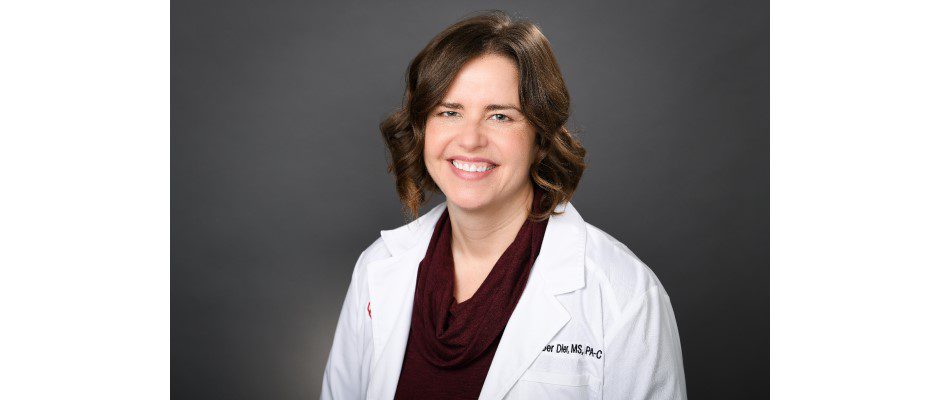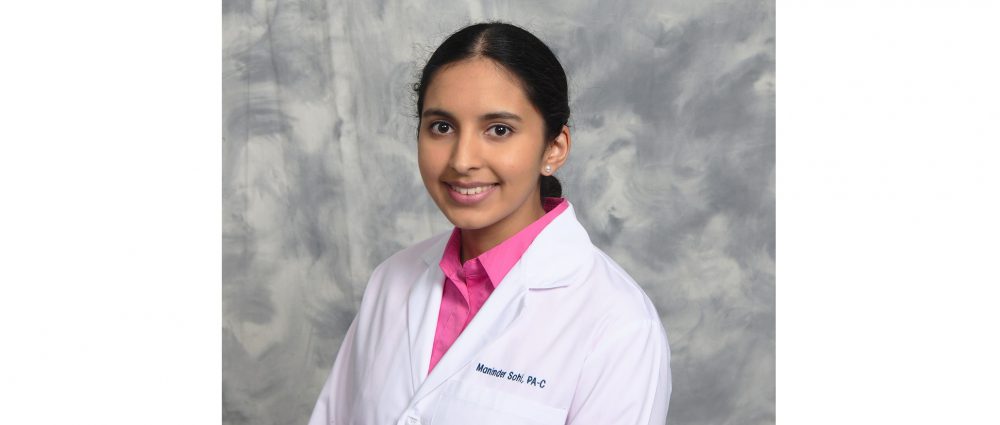
[By Carrie Hogan, MSN, ANP-C, Director, Siena University Health Services, St. Peter’s Health Partners Medical Associates.]
It’s August, which means college will soon be back in session! Whether the student in your life is entering as a freshman, or returning as an upperclassman, there are a few things parents and guardians can do to help ease the transition.
A good place to start is to ensure your student has the necessary supplies to treat the everyday illnesses, cuts and scrapes they will encounter at school. Along with their laptops, headphones and chargers, students need to pack a basic first aid kit, which should include:
- Bandages and antibiotic ointment (bacitracin, Neosporin)
- Tweezers (for splinter and tick removal)
- A digital thermometer
- An ice pack or chemical cold pack
- Acetaminophen or ibuprofen for aches and fevers
- Medicine for allergies
- Cough and cold medicine
- Sore throat lozenges
- Hand sanitizer
- Medical masks
- COVID and influenza rapid test kits
In addition to the above, freshmen should have a physical from their primary care physician before they head to campus. During that visit, it’s a good idea for them to ask about getting a flu shot or COVID booster.
Before classes begin, all students must have the immunizations required by their college. Students should also be aware of the scope of their health insurance coverage, as well as the provider. Students are generally covered through their guardian’s health care plan, although sometimes it is provided through the college.
It’s also important for students to be knowledgeable about their medications, doses and frequencies; they should bring their medications and any inhalers to campus; have the necessary paperwork if they require any accommodations; and have a plan for where they will get prescriptions refilled while they are away from home. They should also know about their allergies or reactions to medications and foods; and their own and their family’s health histories.
Before they head out, make sure you have a discussion with them about taking care of their mental health and what they should do if they feel overwhelmed, anxious, or depressed. It’s good for your young adult to hear they are not alone, that it is OK to ask for help, and there are campus resources available (in addition to you being just a phone call away, day or night).
Finally, don’t forget to remind your son or daughter of the best germ-fighting skill they learned even before they started kindergarten – hand washing! The best way for students to protect themselves from the cold, flu and other germs is to wash their hands frequently and thoroughly, especially before eating.
The Siena University Health Center, operated by St. Peter’s since 1993, provides low-cost, accessible health care to its students. The Health Center is staffed with nurse practitioners, physician assistants, registered nurses and a physician consultant, who are skilled in providing immunizations, routine medical care for most common illnesses, treatment of minor injuries, and health education to students.
To find a provider at one of the many St. Peter’s Health Partners Medical Associates locations throughout the Capital Region, visit Find A Provider | St. Peter’s Health Partners or call our free physician referral and information line at 518-525-2CARE (518-525-2227).





